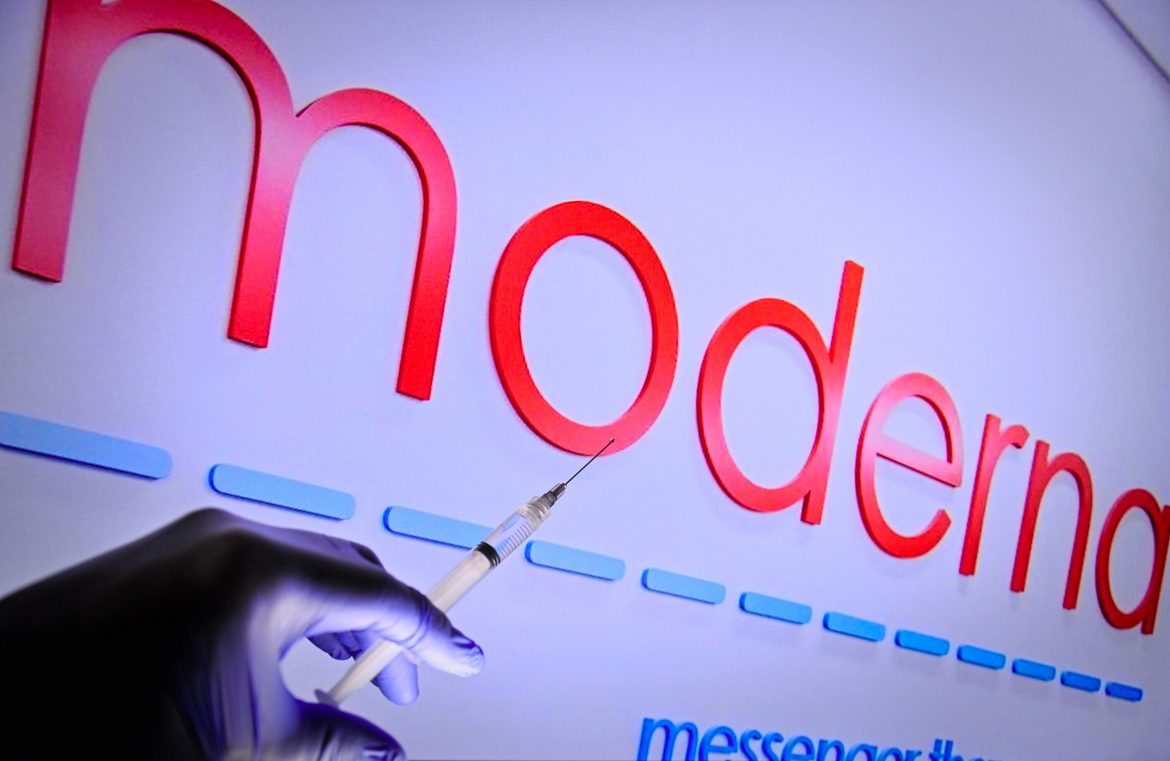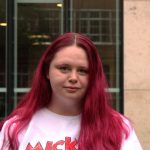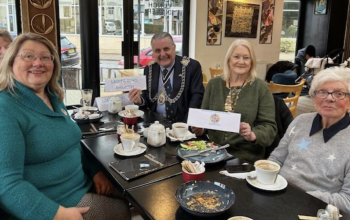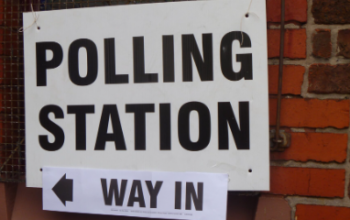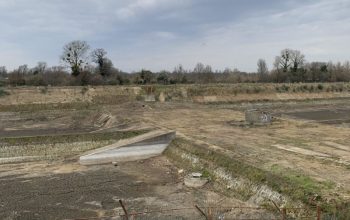Kingston is set to become one of the 67 areas chosen for mass testing of Covid-19, health secretary Matt Hancock announced at the beginning of the month.
Mass testing was successfully rolled out in Liverpool beginning on November 6. Among the positive test results, more than 800 cases of Covid were picked up in asymptomatic people.
Kingston Council’s director of public health Iona Lidington said: “In Kingston, we will be using the tests to target particular priority groups, where finding asymptomatic cases of Covid-19 and ensuring they and their household self-isolate will have a significant impact on reducing the spread of the virus and keeping essential services open.
“Priority groups being considered for the pilot include school pupils and staff, university students in halls of residence, staff and residents in supported living settings, and visitors to care homes. Our approach will be to bring testing to these settings. Care home staff and residents are already tested for Covid-19 on a regular basis.”
It is not yet clear when the tests will be rolled out, as the mass testing in Liverpool is a pilot to see how the system works.
A London Councils spokesperson said: “The Department for Health and Social Care is giving all local authorities the opportunity to access rapid lateral flow coronavirus tests for their communities. We understand this will be an ongoing process.
“London boroughs are in discussions with the department about how these tests will be rolled out.”
Each participant will receive two tests: the standard Covid-19 test which takes up to 72 hours to get results back, and the rapid turnaround test where results can be delivered within one hour.
People who receive a positive result in either test are asked to self-isolate for 14 days and register with Test and Trace to contain the spread of the virus.
Who can get the test?
Across the country, 600,000 tests will be rolled out to aid the detection of asymptomatic cases.
Initially, only the elderly and frontline workers will have access to the test, with the plan for 10,000 tests to be rolled out in each area.
NHS England announced on the week beginning November 11 that patient-facing NHS staff working across 34 NHS trusts will be tested twice a week for Covid-19, according to the British Medical Journal.
Hope for a vaccine
In the early hours of November 23, a vaccine produced by the University of Oxford and AstraZeneca was shown to be 70 per cent effective, increasing to 90 per cent if people were given an initial half dose followed by a booster.
Vaccines produced by US firm Moderna and Pfizer/BioNTech have also reported efficacy of 90 per cent or higher. All three still require regulatory approval.
Elsewhere, so far, only two coronavirus vaccines have been approved, both of which are in Russia, and both of which bypassed normal testing protocols.
Sputnik V, a vaccine developed in Moscow, was approved in August, and EpiVacCorona has also been granted regulatory approval, but neither have completed Phase 3 clinical trials for testing.

